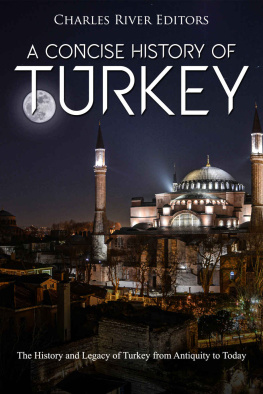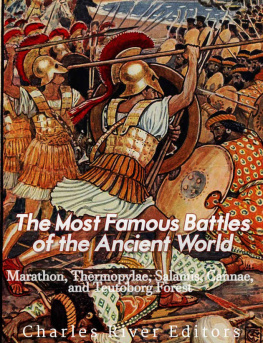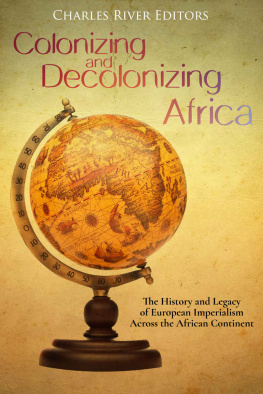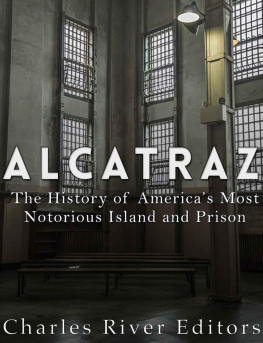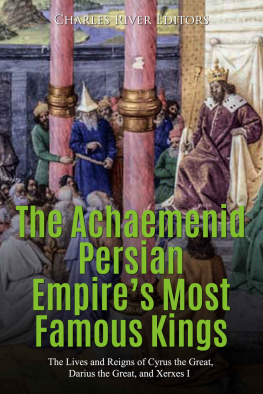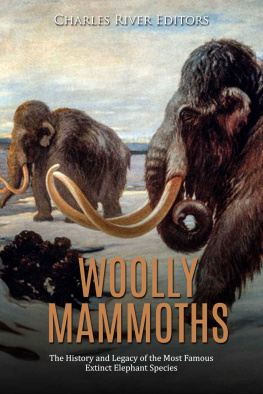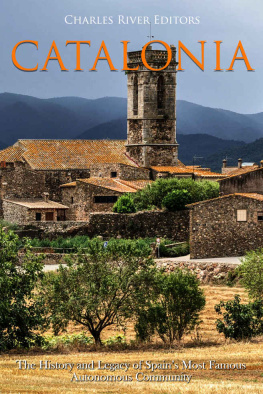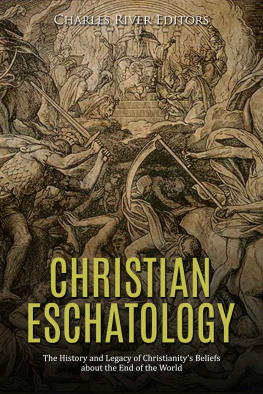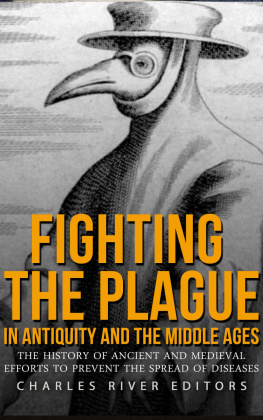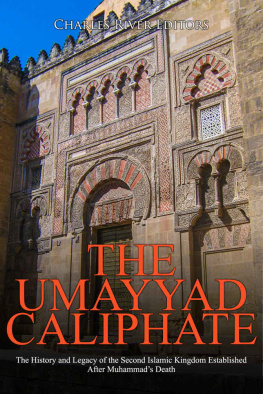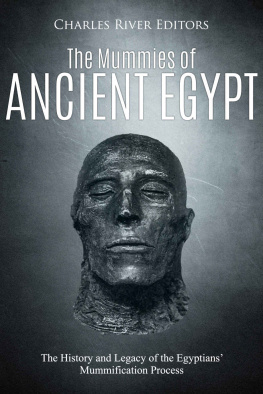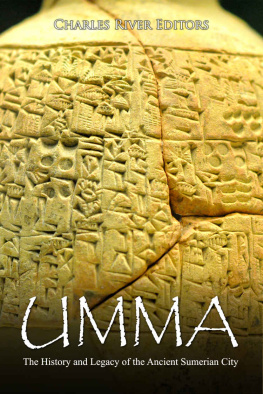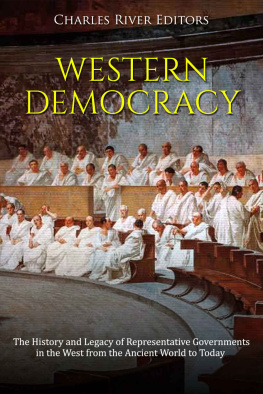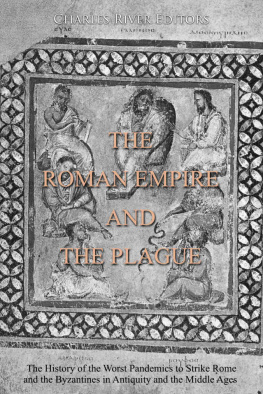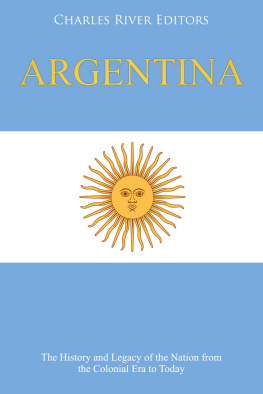Charles River Editors - A Concise History of Turkey: The History and Legacy of Turkey from Antiquity to Today
Here you can read online Charles River Editors - A Concise History of Turkey: The History and Legacy of Turkey from Antiquity to Today full text of the book (entire story) in english for free. Download pdf and epub, get meaning, cover and reviews about this ebook. year: 2020, publisher: Charles River Editors, genre: Religion. Description of the work, (preface) as well as reviews are available. Best literature library LitArk.com created for fans of good reading and offers a wide selection of genres:
Romance novel
Science fiction
Adventure
Detective
Science
History
Home and family
Prose
Art
Politics
Computer
Non-fiction
Religion
Business
Children
Humor
Choose a favorite category and find really read worthwhile books. Enjoy immersion in the world of imagination, feel the emotions of the characters or learn something new for yourself, make an fascinating discovery.
- Book:A Concise History of Turkey: The History and Legacy of Turkey from Antiquity to Today
- Author:
- Publisher:Charles River Editors
- Genre:
- Year:2020
- Rating:5 / 5
- Favourites:Add to favourites
- Your mark:
- 100
- 1
- 2
- 3
- 4
- 5
A Concise History of Turkey: The History and Legacy of Turkey from Antiquity to Today: summary, description and annotation
We offer to read an annotation, description, summary or preface (depends on what the author of the book "A Concise History of Turkey: The History and Legacy of Turkey from Antiquity to Today" wrote himself). If you haven't found the necessary information about the book — write in the comments, we will try to find it.
A Concise History of Turkey: The History and Legacy of Turkey from Antiquity to Today — read online for free the complete book (whole text) full work
Below is the text of the book, divided by pages. System saving the place of the last page read, allows you to conveniently read the book "A Concise History of Turkey: The History and Legacy of Turkey from Antiquity to Today" online for free, without having to search again every time where you left off. Put a bookmark, and you can go to the page where you finished reading at any time.
Font size:
Interval:
Bookmark:
By Charles River Editors
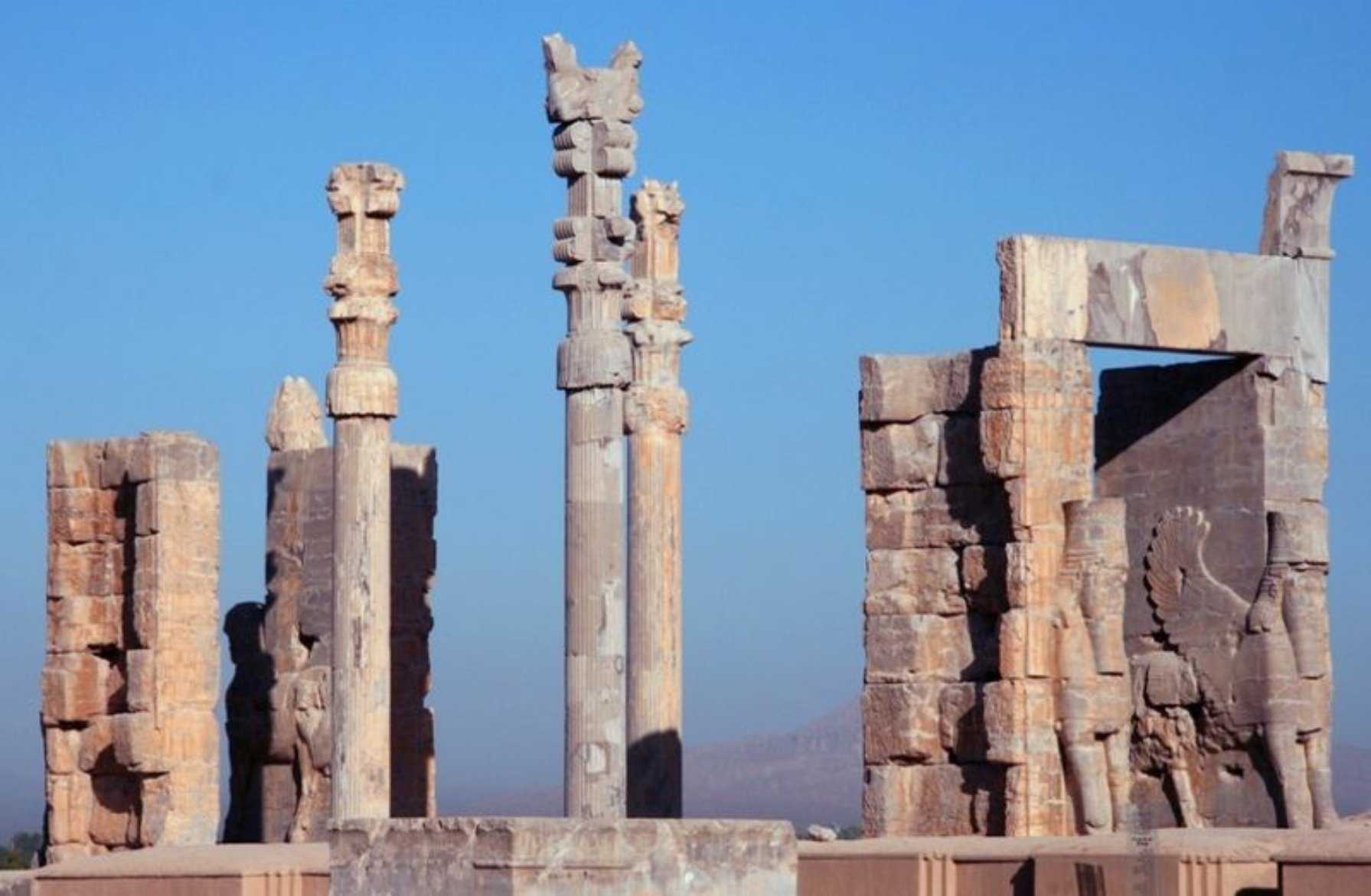
Albor Zagros picture of the ruins of the Gate of All Nations in Persepolis

Charles River Editors is a boutique digital publishing company, specializing in bringing history back to life with educational and engaging books on a wide range of topics. Keep up to date with our new and free offerings with this 5 second sign up on our weekly mailing list , and visit Our Kindle Author Page to see other recently published Kindle titles.
We make these books for you and always want to know our readers opinions, so we encourage you to leave reviews and look forward to publishing new and exciting titles each week.
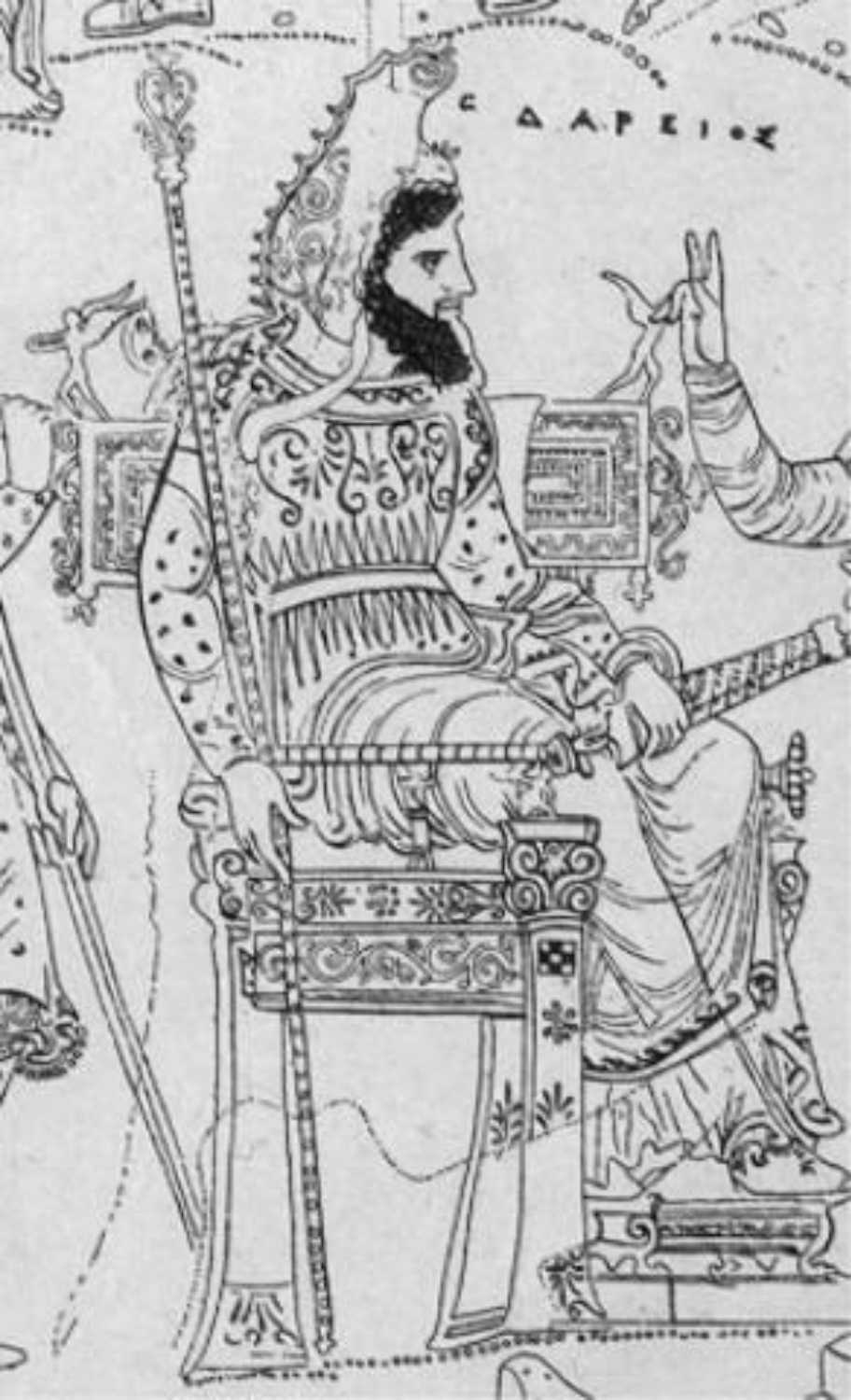
An ancient depiction of Persian Emperor Darius I
Lying in the middle of a plain in modern day Iran is a forgotten ancient city: Persepolis. Built two and a half thousand years ago, it was known in its day as the richest city under the sun. Persepolis was the capital of Achaemenid Persian Empire, the largest empire the world had ever seen, but after its destruction, it was largely forgotten for nearly 2,000 years, and the lives and achievements of those who built it were almost entirely erased from history. Alexander the Greats troops razed the city to the ground in a drunken riot to celebrate the conquest of the capital, after which time and sand buried it for centuries.
It was not until the excavations of the 1930s that many of the relics, reliefs, and clay tablets that offer so much information about Persian life could be studied for the first time. Through archaeological remains, ancient texts, and work by a new generation of historians, a picture can today be built of this remarkable civilization and their capital city. Although the city had been destroyed, the legacy of the Persians survived, even as they mostly remain an enigma to the West and are not nearly as well understood as the Greeks, Romans, or Egyptians. In a sense, the Achaemenid Persian Empire holds some of the most enduring mysteries of ancient civilization.
Of course, one of the reasons the Persians arent remembered like the Greeks is because of the way the Greco-Persian Wars ended. The Ancient Greeks have long been considered the forefathers of modern Western civilization, but the Golden Age of Athens and the spread of Greek influence across much of the known world only occurred due to the Greeks victory in two of historys most important wars. In 491 BCE, following a successful invasion of Thrace over the Hellespont, the Persian emperor Darius sent envoys to the main Greek city-states, including Sparta and Athens, demanding tokens of earth and water as symbols of submission, but Darius didnt exactly get the reply he sought. According to Herodotus in his famous Histories , Xerxes however had not sent to Athens or to Sparta heralds to demand the gift of earth, and for this reason, namely because at the former time when Dareios had sent for this very purpose, the one people threw the men who made the demand into the pit and the others into a well, and bade them take from thence earth and water and bear them to the king.
Thus, in 490 BCE, after the revolt in Ionia had been crushed, Darius sent his general Mardonius, at the head of a massive fleet and invading force, to destroy the meddlesome Greeks, starting with Athens. The Persian army, numbering anywhere between 30,000 and 300,000 men, landed on the plain at Marathon, a few dozen miles from Athens, where an Athenian army of 10,000 hoplite heavy infantry supported by 1,000 Plataeans prepared to contest their passage. The Athenians appealed to the Spartans for help, but the Spartans dithered; according to the Laws of Lycurgus, they were forbidden to march until the waxing moon was full. Accordingly, their army arrived too late. Thus, it fell upon the Athenians to shoulder the burden. With their army led by the great generals Miltiades and Themistocles, the Athenians charged the outnumbering Persians. Outmatched by the might of the heavy, bronze-armored Greek phalanx, the inferior Persian infantry was enveloped and destroyed, causing them to flee for their ships in panic. The Athenians had won a colossal victory against an overwhelming and seemingly invincible enemy.
Dariuss son and successor, Xerxes, would fare no better. When the Spartans famous and sacrificial stand at the Battle of Thermopylae ended, the Athenian fleet was forced to fall back, and Xerxess massive Persian army marched unopposed into Greece before advancing on Athens. The Greek armies were scattered and unable to face the might of Persia, so Athens was forced to do the unthinkable: evacuate the entire population of the city to Salamis, from where the Athenians watched in horror as Xerxess troops plundered the defenseless city, set it aflame, and razed the Acropolis.
However, the Athenians remained belligerent, in part because according to the oracle at Delphi, only the wooden wall shall save you. Indeed, this would prove true when Themistocles managed to lure the Persian fleet into the straits of Salamis. There, on a warm day in September 480 BCE, hundreds of Greek and Persian ships faced each other in a narrow strait between the Attic peninsula of Greece and the island of Salamis. The battle that ensued would prove to be epic on a number of different levels, as it set a precedent for how later naval battles were fought in the ancient Mediterranean, turned the tide in the Greeks favor against the Persians in the Persian Wars, and ultimately played a role in Athens rise to a preeminent role in the Hellenic world.
In terms of geopolitics, perhaps the most seminal event of the Middle Ages was the successful Ottoman siege of Constantinople in 1453. The city had been an imperial capital as far back as the 4 th century, when Constantine the Great shifted the power center of the Roman Empire there, effectively establishing two almost equally powerful halves of antiquitys greatest empire. Constantinople would continue to serve as the capital of the Byzantine Empire even after the Western half of the Roman Empire collapsed in the late 5 th century. Naturally, the Ottoman Empire would also use Constantinople as the capital of its empire after their conquest effectively ended the Byzantine Empire, and thanks to its strategic location, it has been a trading center for years and remains one today under the Turkish name of Istanbul.
The end of the Byzantine Empire had a profound effect not only on the Middle East but Europe as well. Constantinople had played a crucial part in the Crusades, and the fall of the Byzantines meant that the Ottomans now shared a border with Europe. The Islamic empire was viewed as a threat by the predominantly Christian continent to their west, and it took little time for different European nations to start clashing with the powerful Turks. In fact, the Ottomans would clash with Russians, Austrians, Venetians, Polish, and more before collapsing as a result of World War I, when they were part of the Central powers.
The Ottoman conquest of Constantinople also played a decisive role in fostering the Renaissance in Western Europe. The Byzantine Empires influence had helped ensure that it was the custodian of various ancient texts, most notably from the ancient Greeks, and when Constantinople fell, Byzantine refugees flocked west to seek refuge in Europe. Those refugees brought books that helped spark an interest in antiquity that fueled the Italian Renaissance and essentially put an end to the Middle Ages altogether.
Font size:
Interval:
Bookmark:
Similar books «A Concise History of Turkey: The History and Legacy of Turkey from Antiquity to Today»
Look at similar books to A Concise History of Turkey: The History and Legacy of Turkey from Antiquity to Today. We have selected literature similar in name and meaning in the hope of providing readers with more options to find new, interesting, not yet read works.
Discussion, reviews of the book A Concise History of Turkey: The History and Legacy of Turkey from Antiquity to Today and just readers' own opinions. Leave your comments, write what you think about the work, its meaning or the main characters. Specify what exactly you liked and what you didn't like, and why you think so.

